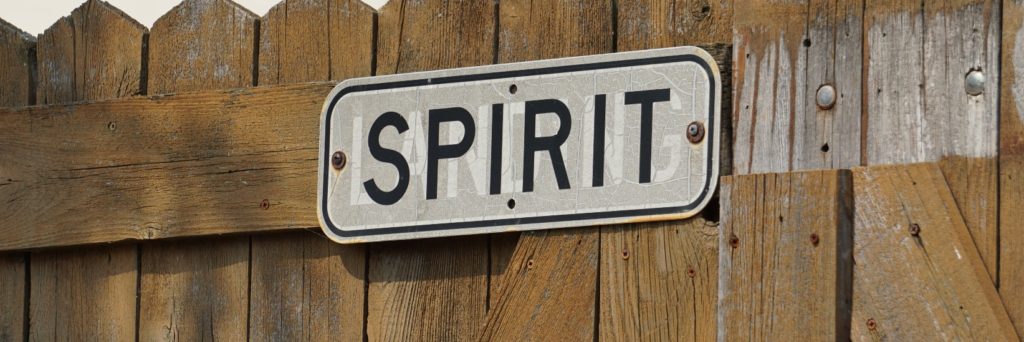If a human edits a work that an AI initially created, is the human a joint author under copyright law?
U.S. copyright law (at 17 U.S.C. § 101) considers a work to be a “joint work” if it is made by two or more authors intending to mix their contributions into a single product. So, if a human significantly modifies or edits content that an AI originally created, one might think the human has made a big enough contribution to be considered a joint author. But it is not that straightforward. The law looks for a special kind of input: it must be original and creative, not just technical or mechanical. For instance, merely selecting options for the AI or doing basic editing might not cut it. But if the human’s editing changes the work in a creative way, it might just qualify as a joint author.
Where the human steps in.
This blog post is a clear example. ChatGPT created all the other paragraphs of this blog post (i.e. not this one). I typed this paragraph out from scratch. I have gone through and edited the other paragraphs, making what are obviously mechanical changes. For example, I didn’t like how ChatGPT used so many contractions. I mean, I did not like how ChatGPT used so many contractions. I suspect those are not the kind of “original” contributions that the Copyright Act’s authors had in mind to constitute the level of participation to give rise to a joint work. But I also added some sentences here and there, and struck some others. I took the photo that goes with the post, cropped it, and decided how to place it in relation to the text. Those activities are likely “creative” enough to be copyrightable contributions to the unitary whole that is this blog post. And then of course there is this paragraph that you are just about done reading. Has this paragraph not contributed some notable expression to make this whole blog post better than what it would have been without the paragraph?
Let’s say the human editing does indeed make the human a joint author. What rights would the human have? And how would these rights compare to any the AI might have? Copyright rights are generally held by human creators. This means the human would have rights to copy the work, distribute it, display or perform it publicly, and make derivative works.
Robot rights.
As for the AI, here’s where things get interesting. U.S. Copyright law generally does not recognize AI systems as authors, so they would not have any rights in the work. But this is a rapidly evolving field, and there is ongoing debate about how the law should treat creations made by AI.
This leaves us in a peculiar situation. You have a “joint work” that a human and an AI created together, but only the human can be an author. So, as it stands, the AI would not have any rights in the work, and the human would. Here’s an interesting nuance to consider: authors of joint works are pretty much free to do what they wish with the work as they see fit, so long as they fulfill certain obligations to the other authors (e.g., account for any royalties received). Does the human-owner have to fulfill these obligations to the purported AI-author of the joint work? It seems we cannot fairly address that question if we have not yet established that the AI system can be a joint author in the first place.
Where we go from here.
It seems reasonable to conclude that a human editing AI-created content might qualify as a joint author if the changes are significant and creative, not just technical. If that’s the case, the human would have full copyright rights under current law, while the AI would not have any. As these human-machine collaborations continue to become more commonplace, we will see how law and policy evolve to either strengthen the position that only “natural persons” (humans) can own intellectual property rights, or to move in the direction of granting some sort of “personhood” to non-human agents. It is like watching science fiction unfold in reality in real time.
What do you think?
See also:

